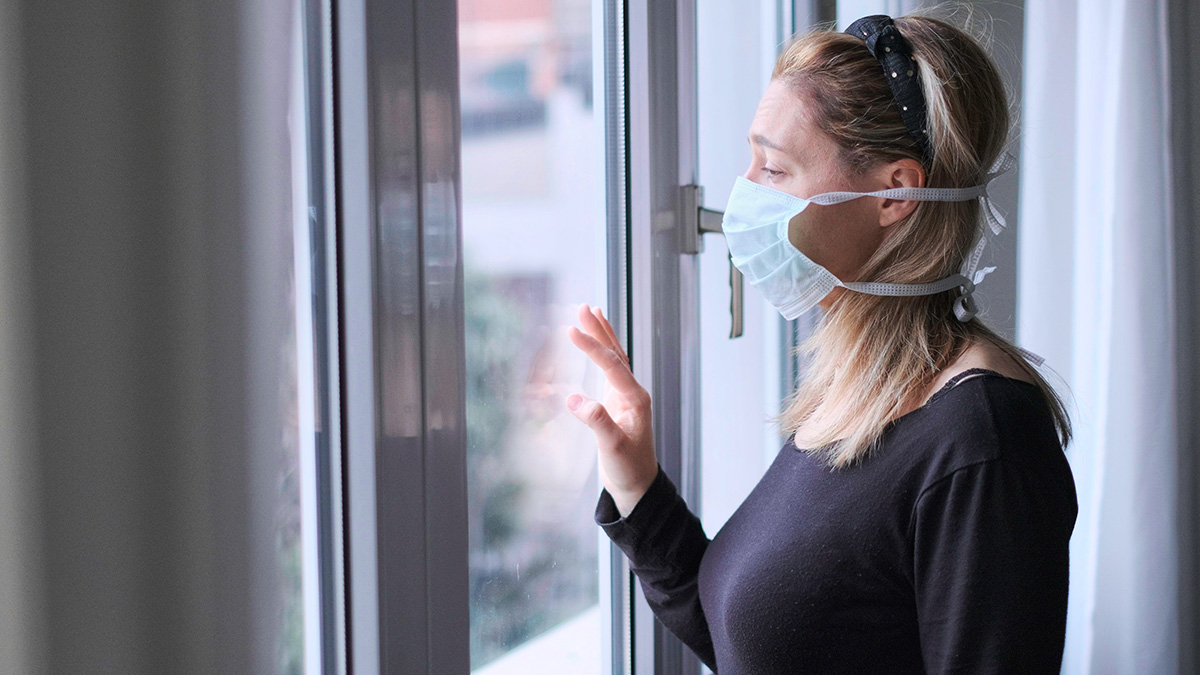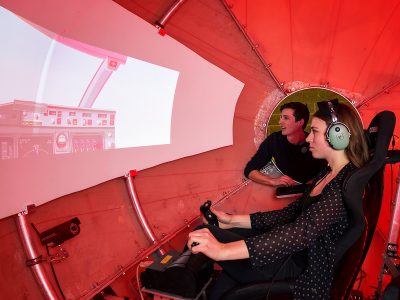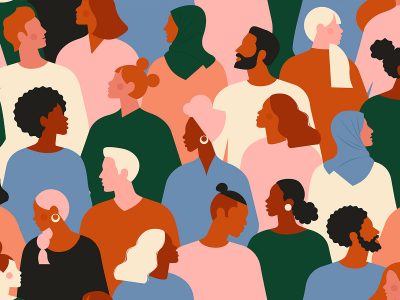By Matt Gergyek
As COVID-19 began to spread through Canada last year, Atreyi Anand realized it was time to reach out for help.
The fourth-year Carleton University Communications and Media Studies student struggled with mental health issues for years—sparked by the stress of being so far from her home in India and a heavy academic workload. But when COVID-19 hit, closing campus and curtailing social interactions, the burden of living through a pandemic hit especially hard.
“It really did take the biggest toll on my mental health,” says Anand.
“It took me a long time to learn to cope with the pandemic and I’m still learning. It’s still a process that I’m going through.”
Anand is not alone—COVID-19 has exacerbated pre-existing mental health issues for many, while sparking a slew of new struggles. Physical distancing, limits on gatherings, and the switch to virtual education have played integral roles in fighting the pandemic, but they can also lead to feelings of isolation or disconnection. Potentially losing loved ones is a life-altering, traumatic event in and of itself, not to speak of job losses and housing or financial instability fuelled by COVID-19.

A recent Statistics Canada study found that one in five respondents showed symptoms of anxiety, depression or post-traumatic stress disorder. Of those who showed symptoms, nearly 70 per cent reported their mental health had worsened since the start of the pandemic.
“It took a lot of courage to even ask for help, but I’m so glad I did,” says Anand, describing the university’s mental health and counselling services as “super approachable and accessible.”
One of the highlights of Anand’s experience was connecting with a counsellor who is also a woman of colour. Having a counsellor well-versed in the cultural, contextual aspects of Anand’s lived experience made a world of a difference.

Therapy Dogs Available Online
“Having a high sense of relatability was so important,” says Anand. “With counselling, there’s never a sense of judgment, but when your counsellor is someone who’s just like you it’s taking that to a whole new level.”
Anand says her work as a student ambassador and event director for the Carleton University Public Relations Society has helped her feel connected to campus, benefiting her mental health in the process.
“I truly am really grateful to Carleton for being one of the most welcoming environments that I have ever been in,” says Anand.
“The people here are so sensitive, open-minded and understanding.”
Anand’s sister Avanthika, a fourth-year Journalism student, has found Carleton’s therapy dog program to be very helpful. While current public health measures mean playdates with the pups in the Carleton quad have been paused, students are still able to connect with their favourite canines through virtual office hours.

“Back home, we have pets and (Avanthika) is a huge animal lover, she draws a lot of comfort and happiness from being around animals,” says Anand.
“She really looks forward to seeing the dogs, it just lights up her whole mood.”
Fourth-year Forensic Psychology student, Amanda Loura, has found the university’s Paul Menton Centre for Students with Disabilities (PMC) to be valuable because she lives with attention deficit hyperactivity disorder and an anxiety disorder.
“I never really wanted to admit there was a problem during my first two years at Carleton,” says Loura, who struggled with time management and found it difficult to write exams and tests in a room full of students. “Accessing the PMC was the best thing I could have ever done for my education.”

Finding Ways to Help
Loura’s PMC counsellor, Kerri Wilson, helped her secure a number of academic accommodations that have alleviated stress and mental health concerns. As someone who struggles with online learning, Loura has equal praise for her professors and especially her thesis adviser, Prof. Craig Bennell.

Amanda Loura
“He’s so supportive and patient with me, takes the extra time to help me with my thesis and always checks in on me during the pandemic,” says Loura.
“It’s been tough completing a thesis online this year, and I could not have asked for a more supportive adviser.”
Like Anand, Loura says that the pandemic intensified her own mental health issues.
Studying from home has been a challenge for Loura, who has loud neighbours. The PMC helped her secure noise-cancelling headphones and connected her with learning modules, time management courses and offered to find her a learning strategist.
“The PMC has so many ways to help support students throughout their studies, so if you need support, take advantage of all they have to offer.”
For one of her forensic psychology practicums, Loura worked with the Canadian Mental Health Association’s Champlain East branch, focusing on building community mental health initiatives. She completed the practicum in January, but stayed on as a volunteer.
She also completed a placement with Carleton’s Mental Health and Well-Being services, co-producing a video on tackling the stigma around mental illness, highlighting resources available on campus and encouraging students to reach out for help.
“Talk to someone, even if it’s your friends, your parents, your professors, talk to somebody, anybody, and do it today,” says Loura.
“Your feelings of being overwhelmed, of sadness, of anxiety, they’re all valid and we all have them. The more you start talking to people in your groups, the more comforted you’ll feel knowing that you’re not in this alone.”
To access Carleton’s Mental Health and Well-Being services, including counselling, click here.

Monday, May 3, 2021 in Community, Mental Health
Share: Twitter, Facebook



